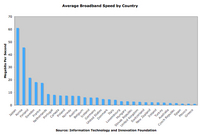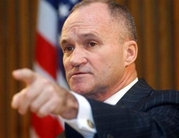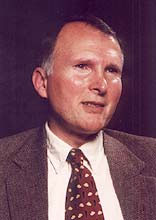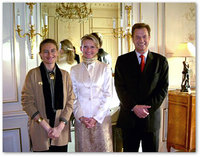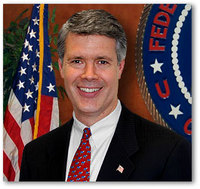 It’s good to see a newspaper not mince words:
It’s good to see a newspaper not mince words:
A free-for-all web (after normal monthly broadband charges have been paid) is one of the wonders of the world and a binding force for all communities.…
The Federal Communications Commission has just been advised by the US department of justice, under heavy lobbying from the operators who stand to gain from higher data charges, that a neutral net might “prevent, rather than promote” investment and innovation. This is twaddle. An open-access net has produced one of the greatest surges of innovation ever recorded and has given an opportunity for people all over the world to communicate with each other and share knowledge on equal terms. Long may it continue to be so.
— In praise of… a freely available internet, Leader, The Guardian, Tuesday September 11, 2007
The Guardian brings up a related point:
It has only become an issue because the US Congress is scrutinising the question of “net neutrality”, though why the US authorities – rather than an international body – should deem themselves to have jurisdiction over the internet is not clear.The usual answer to that is that a properly constituted international body would do even worse. Although nowadays, it seems the otherwise unlateralist U.S. government is toeing the (pseudo-)capitalist international party line.
-jsq

